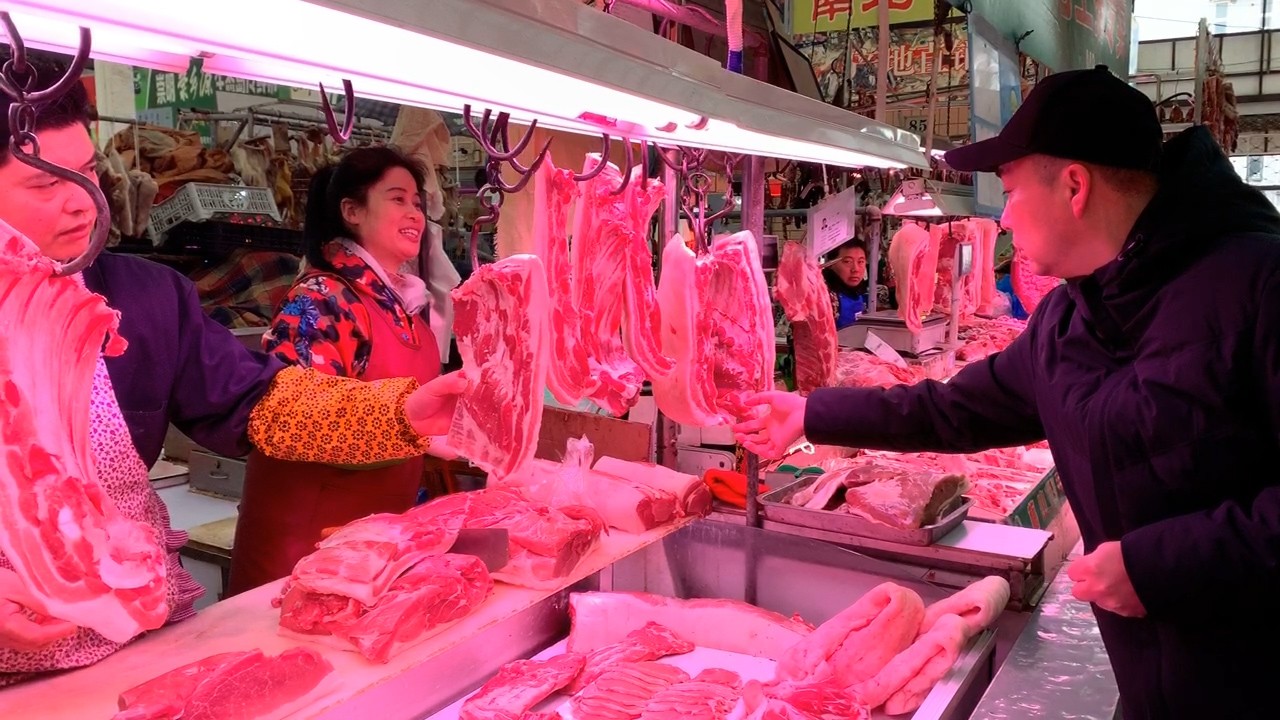China launches hog futures on Dalian exchange after African swine fever triggers wild swings in pork prices, inflation
- Contracts expiring in September and November fell by almost their 16 per cent limit on first day of trading, as did the contracts due January 2022
- Breeders can capitalise on futures prices to arrange production plans and hedge against risks to stabilise price and shorten ‘hog cycle,’ CSRC says

Three types of contracts debuted on the Dalian Commodity Exchange on Friday. Opening a contract requires about 40,000 yuan (US$6,186) based on the minimum margin requirement of 8 per cent set by the exchange operator. Prices slumped by almost their 16 per cent limit.
The launch is a culmination of two decades of planning, a milestone for the industry that influences a large component of the nation’s consumer-price index. The African swine fever outbreak in 2018 forced the government to cull millions of pigs, crippling supply and causing a shortfall of 4.3 million tons of meat in 2020, according to a Fitch Ratings estimate.
Hog futures can serve players from breeding to animal-feed producers, according to Fang Xinghai, vice-chairman of the China Securities Regulatory Commission.
“Breeders can capitalise on futures prices to arrange production plans and hedge against risks to stabilise price, ensure supply and shorten the ‘hog cycle’ for the pig-farming industry,” Fang said at the launch ceremony.

02:10
China’s outbreak of African swine fever pushes pork off the Lunar New Year menu
China accounts for almost half of the world’s consumption of pork, the price of which rose to a record last year as swine fever forced farm closures, wiped out half of the nation’s pig population and throttled supply to end consumers. The crisis once prompted the Chinese government to tap into its pork reserves and subsidise consumers to suppress inflation.
